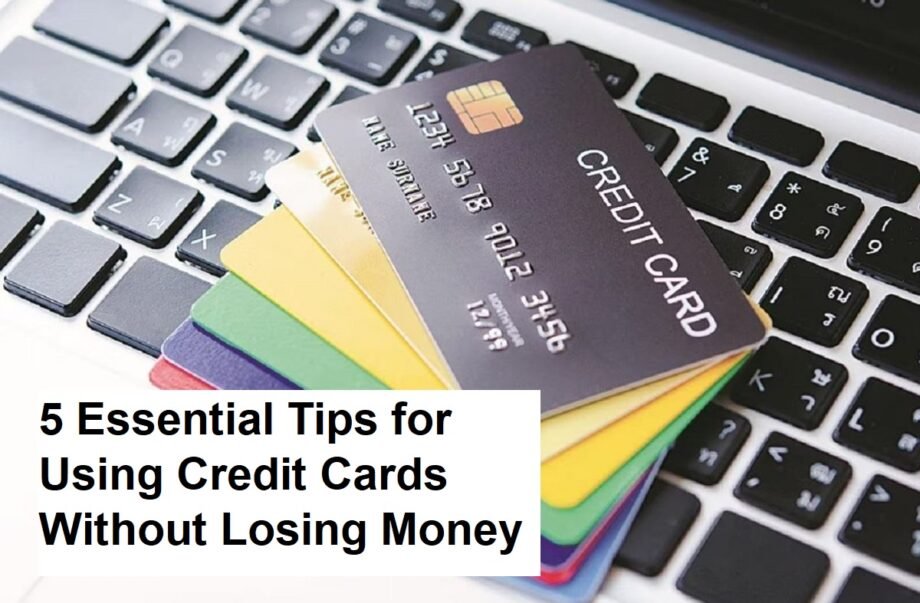Introduction
Credit cards are powerful financial tools that offer convenience, rewards, and the ability to build credit history. However, if not used wisely, they can lead to financial losses, high-interest debt, and damaged credit scores. To help you maximize the benefits of credit cards while avoiding common pitfalls, this article provides 5 practical tips for using credit cards responsibly.
Understanding the Risks of Misusing Credit Cards
Before diving into the tips, it’s important to understand why misuse of credit cards can be costly:
- High-interest rates:Carrying a balance can lead to expensive interest charges.
- Late fees:Missing payment deadlines results in penalties.
- Credit score damage:Poor management can lower your credit score, affecting future borrowing.
- Overspending:Easy access to credit can tempt you to spend beyond your means.
With these risks in mind, let’s explore how to avoid them.
Tip 1: Always Pay Your Balance in Full and On Time
One of the most effective ways to avoid losing money on credit cards is to pay your full balance by the due date every month.
- Why it matters:Paying in full prevents interest charges, which can accumulate quickly and become a financial burden.
- How to do it:Set up automatic payments or reminders to ensure you never miss a due date.
- Additional benefit:Timely payments improve your credit score, making future borrowing easier and cheaper.
Tip 2: Use Credit Cards for Budgeted Expenses Only
Treat your credit card like a debit card by only charging what you can afford to pay off immediately.
- Why it matters:This prevents overspending and accumulating debt.
- How to do it:Plan your monthly budget and allocate a specific amount for credit card spending.
- Pro tip:Track your expenses regularly using apps or statements to stay within your budget.
Tip 3: Take Advantage of Rewards and Cashback Programs
Many credit cards offer rewards, points, or cashback on purchases. Using these benefits wisely can add value to your spending.
- Why it matters:Rewards can effectively reduce your overall expenses or provide perks like travel discounts.
- How to do it:Choose a card that aligns with your spending habits (e.g., groceries, travel, gas).
- Caution:Don’t overspend just to earn rewards; the goal is to save money, not lose it.
Tip 4: Monitor Your Credit Card Statements Regularly
Regularly reviewing your credit card statements helps you catch errors, unauthorized charges, or fraudulent activity early.
- Why it matters:Early detection can prevent financial loss and identity theft.
- How to do it:Check your statements monthly, either online or via paper statements.
- Additional tip:Report any suspicious transactions to your card issuer immediately.
Tip 5: Avoid Cash Advances and High-Interest Transactions
Cash advances and certain transactions often come with very high fees and interest rates.
- Why it matters:These can quickly increase your debt and make repayment difficult.
- How to do it:Use cash advances only in emergencies and understand the fees involved.
- Alternative:Consider other options like personal loans or borrowing from trusted sources if you need cash.
Conclusion
Using credit cards wisely is key to maintaining financial health and avoiding unnecessary losses. By paying your balance in full and on time, budgeting your spending, leveraging rewards, monitoring your statements, and avoiding costly cash advances, you can make credit cards work for you rather than against you. Remember, responsible credit card use is a powerful step toward financial stability and freedom.








